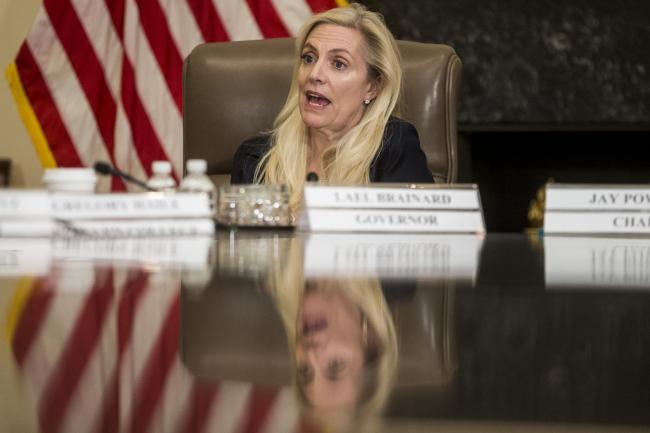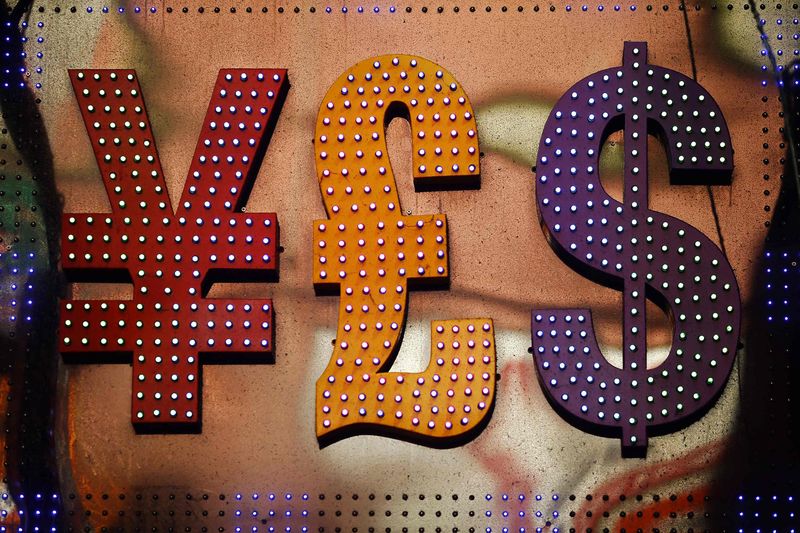(Bloomberg) -- The Federal Reserve is stepping up its research on digital currencies, Governor Lael Brainard said, amid growing demand for digital payments.
Brainard said three other topics -- the growing role of digital private money, plans for using digital currency for cross-border payments by foreign central banks, and possible benefits for financial inclusion -- have sharpened the Fed’s focus on central bank digital currency.
Brainard, who is the governor in charge of financial stability at the Fed, has watched Bitcoin and other digital assets become investment vehicles over the past year, raising questions about how the Fed and regulators would approach the question of rival money.
She was critical of stable coins and other assets not backed by regulatory oversight. Cryptocurrencies plunged in volatile trading last week as China announced it would crackdown on mining due to financial risk and after Tesla (NASDAQ:TSLA) Inc. said it would no longer accept payments in Bitcoin.
“New forms of private money may introduce counterparty risk into the payments system in new ways that could lead to consumer-protection threats or, at large scale, broader financial-stability risks.,” Brainard said Monday in a speech prepared for virtual delivery to cryptocurrency conference. “The design of any CBDC should complement and not replace currency and bank accounts.”Fed Chair Jerome Powell said last week that the central bank will publish a research paper on central bank digital currency this summer and seek to engage a broad group of stakeholders. He said cryptocurrencies have not served as a convenient way to make payments because of their swings in value, and added that so-called stable coins, whose values are tied to a reserve currencies, are likely to attract more scrutiny from regulators.
Brainard said the pandemic accelerated the use of so-called touchless forms of payment and said a Fed digital dollar could provide “competition” in retail payments in the U.S.
China, Sweden
While the U.S. until now has sounded hesitant on the idea of a Fed dollar, foreign central banks have raced ahead. The People’s Bank of China and Sweden’s Riksbank are among two central banks that are experimenting with digital currency. Brainard didn’t mention China specifically, but it is clear that U.S. officials are watching closely and understand that first movers get to have some say over standards.
“Given the potential for CBDCs to gain prominence in cross-border payments and the reserve currency role of the dollar, it is vital for the United States to be at the table in the development of cross-border standards,” Brainard said. Powell also stressed that point in his remarks, saying “we expect to play a leading role in developing international standards for CBDCs, engaging actively with central banks in other jurisdictions.”
The Boston Fed is working with MIT’s Digital Currency Initiative to explore the technological infrastructure required to issue a central bank digital currency. Brainard discussed a couple of more efforts around the Fed system. The Atlanta and Cleveland Fed banks are conducting separate research projects on digital currency and financial inclusion, she said.
Boston Fed President Eric Rosengren said April 12 that the project was aimed at making sure the central bank has a reservoir of knowledge on the technology challenges surrounding digital currency so it can act quickly if it wants one. “At the same time, rolling out a digital currency without solving many of the public policy issues would certainly be a mistake,” he added.
(Updates with more Brainard comment from seventh paragraph.)
©2021 Bloomberg L.P.

